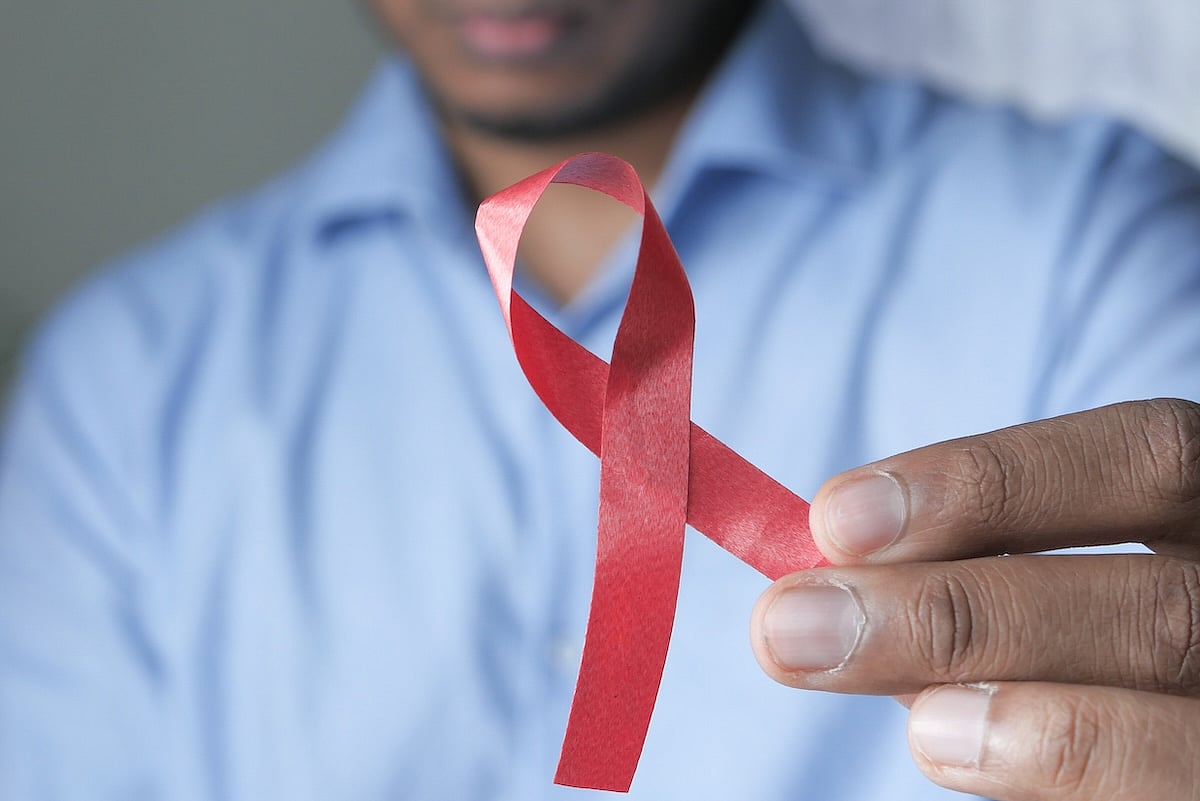Manténgase sano!

- Dennis Thompson
- Posted April 11, 2025
Half-Million Children Could Die If U.S. AIDS Relief Is Dropped
Nearly a half-million children could die from AIDS by 2030 if President Donald Trump follows through on plans to cut U.S. relief programs, a new study says.
As many as 1 million additional children will become infected with HIV and nearly 500,000 will die from AIDS by the end of the decade if the US President’s Emergency Plan for AIDS Relief (PEPFAR) is suspended or only receives limited, short-term funding, researchers project in The Lancet.
On top of that, as many as 2.8 million children could be left orphaned by AIDS deaths among adults, researchers said.
“Losing stable, long-term support for PEPFAR programs sets global progress to end HIV/AIDS back to the dark ages of the epidemic, especially for children and adolescents,” said co-lead researcher Lucie Cluver, a professor of child and family social work at the University of Oxford in the U.K.
“A sudden withdrawal of PEPFAR programs, especially in the absence of a long term strategy to replace them, could lead to a resurgence of HIV infections and preventable deaths, and a dramatic rise in the number of children orphaned by AIDS in the coming years – a setback that could erode two decades of progress,” she added in a news release.
The Trump Administration paused all foreign aid funding on Jan. 20, ostensibly for a 90-day review and evaluation, with only limited exceptions. Many of PEPFAR’s services have been disrupted or suspended since then, researchers noted.
Authorization for PEPFAR lapsed in late March, and the world is now watching and waiting to see what will come next.
PEPFAR was established in 2003 under President George W. Bush, and the program has become a cornerstone in addressing the global HIV/AIDS epidemic, researchers said in background notes.
PEPFAR is estimated to have saved more than 26 million lives and ensured that 7.8 million babies were born HIV-free, researchers said. The program currently supports more than 20 million people with HIV prevention and treatment services, mainly in sub-Saharan Africa.
For the new study, researchers projected what might happen in the absence of PEPFAR programs, based on current trends.
For example, prior to PEPFAR making antiretroviral HIV medications available in Africa, more than 20 million people in the region died from AIDS, leaving behind millions of orphaned children, researchers noted.
Under PEPFAR, the number of AIDS orphans in Africa has declined from 14 million children in 2010 to 10.5 million in 2023, researchers said.
PEPFAR also provides programs that prevent sexual violence and support child health and well-being, researchers added.
“Many of the children and adolescents who currently benefit from PEPFAR programs will slip through the cracks -- increasing their chances of acquiring HIV or leading to further transmission, ultimately resulting in many preventable HIV infections and deaths,” co-researcher Susan Hillis, a senior research officer at Imperial College London, said in a news release.
Based on their projections, the researchers recommend a strategic, five-year transition plan under which African nations and charitable organizations will shoulder more of PEPFAR’s burden.
Countries in Africa have already increased their funding for HIV/AIDS response, going from $13 billion in 2004 to nearly $41 billion in 2021, researchers noted.
“What is urgently needed now is a well-planned transition to expanded country-ownership of PEPFAR programs that will take this lifesaving work forward and offer stability and sustainability for countries that currently rely on PEPFAR support now and into the future, which in turn also benefits the USA and solidifies its position as a global leader in the effort to end HIV,” researcher Chris Desmond of the University of Kwazulu-Natal in South Africa said in a news release.
More information
The U.S. Department of State has more on the US President’s Emergency Plan for AIDS Relief.
SOURCE: The Lancet, news release, April 8, 2025





